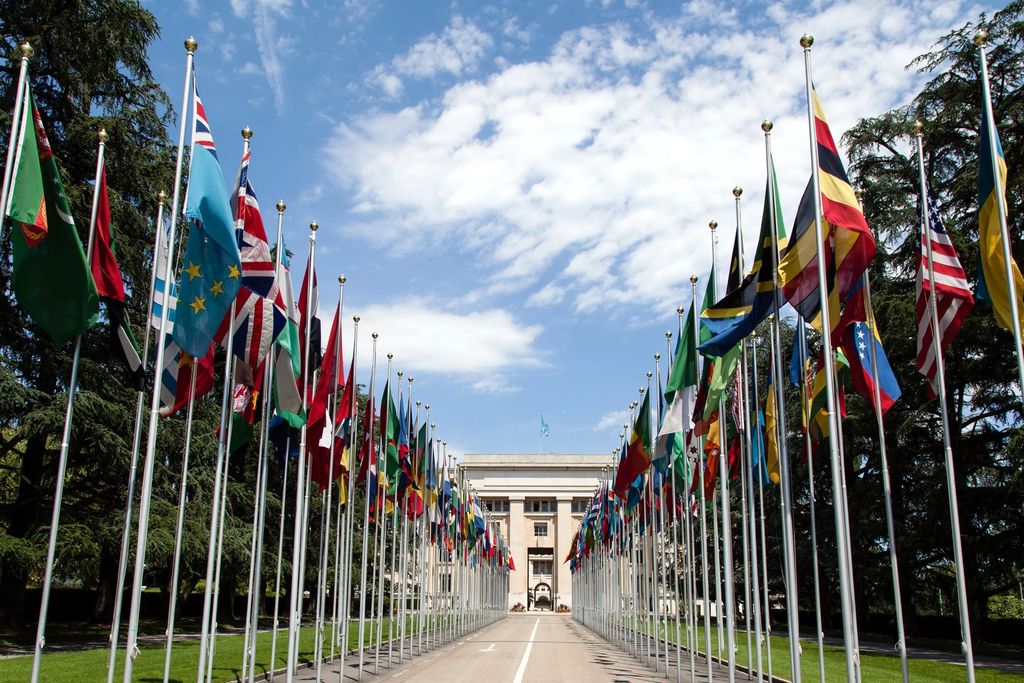
The landscape for international students and scholars in the United States is currently marked by profound challenges and shifting policies. In a development that has captured national attention, a Georgetown University scholar, detained by U.S. immigration authorities, has achieved a significant breakthrough. This individual secured a federal judge’s ruling allowing him to return to his work while actively fighting deportation, shining a bright light on the intricate struggles many face. This pivotal case underscores the critical importance of understanding and meticulously adhering to visa application protocols, even as broader legal battles unfold.
At the heart of this unfolding story is Badar Khan Suri, a postdoctoral fellow at Georgetown University and a distinguished scholar hailing from India. His detention by U.S. immigration authorities in March 2025 sent ripples through academic communities nationwide. This arrest occurred amidst a wider federal crackdown specifically targeting foreign students and scholars, particularly those whose perspectives are perceived as critical of U.S. policies concerning Israel and Palestine.
Accusations leveled against Khan Suri include “spreading Hamas propaganda and promoting antisemitism on social media,” as stated by Homeland Security Assistant Secretary Tricia McLaughlin. A senior Department of Homeland Security (DHS) official further alleged that he was “actively spreading Hamas propaganda and promoting antisemitism on social media,” and possessed “close connections to a known or suspected terrorist, who is a senior advisor to Hamas.” The agency, however, did not explicitly name this suspected terrorist or Hamas advisor.

Adding another layer to the narrative, The New York Times reported that Khan Suri’s wife is Palestinian American, and her father is Ahmed Yousef, a former advisor to Ismail Haniyeh, the Hamas leader assassinated last year in Iran. Ahmed Yousef himself, living in Gaza, affirmed that Khan Suri is his son-in-law and categorically denied his involvement in any “political activism,” including on behalf of Hamas. Initial reports from Politico detailed his arrest by masked agents outside his home in Arlington, Virginia, on a Monday night, with officials citing the revocation of his visa.
In a crucial turn of events, on May 14, 2025, a federal judge in Alexandria, Virginia, delivered a momentous ruling. The judge ordered that Khan Suri could be released from immigration detention as his complex legal case continues to navigate the courts. The ruling was grounded in strong constitutional claims against the Trump administration’s policies, highlighting potential violations of foundational rights, including the First Amendment’s protection of free speech. Furthermore, the judge considered Khan Suri’s familial needs and found no evidence whatsoever that he posed any danger to the wider community.
Following this favorable ruling, Khan Suri was granted permission to return to his family in Virginia and to resume his vital work at Georgetown University. However, his legal journey is far from over, as he still faces active deportation proceedings in an immigration court situated in Texas. This ongoing battle means he must continue to vigorously contest his potential forced departure from the United States.
Georgetown University has demonstrated an unwavering commitment to supporting Khan Suri and other international students and scholars caught in the crosshairs of recent immigration enforcement. The university has publicly condemned the federal government’s actions, particularly the termination of immigration statuses for several valued members of its community, including Khan Suri. Their dedication extends beyond individual cases.

Georgetown has actively joined broader legal efforts aimed at challenging what it resolutely refers to as the Trump administration’s “ideological deportation policy.” This policy, the university argues, unjustly targets non-citizen students and faculty based on their political views. The institution and its allies contend that such actions flagrantly violate fundamental constitutional protections, including the First and Fifth Amendments, as well as the Administrative Procedure Act, which governs federal agency conduct.
In a clear demonstration of their legal and ethical commitment, Georgetown signed an amicus brief in April 2025. This legal document, filed in support of a case, urged the court to impose a halt on arrests, detentions, and deportations rooted in political expression until the legality of these actions can be definitively determined by the courts. The American Association of University Professors (AAUP) spearheaded this brief, which was notably joined by other major academic institutions, signaling a collective stand for academic freedom.
In a public statement, Georgetown University affirmed that Khan Suri, an Indian national, was “duly granted a visa to enter the United States to continue his doctoral research on peacebuilding in Iraq and Afghanistan.” The university emphasized, “We are not aware of him engaging in any illegal activity, and we have not received a reason for his detention.” Reaffirming its core values, Georgetown declared, “We support our community members’ rights to free and open inquiry, deliberation and debate, even if the underlying ideas may be difficult, controversial or objectionable. We expect the legal system to adjudicate this case fairly.”
The challenges faced by international academics like Khan Suri are exacerbated by several recent policy shifts that have created a more precarious environment. In January 2025, the Department of Homeland Security (DHS) rescinded a crucial memo that had previously restricted immigration enforcement activities within “protected areas,” such as university campuses. This withdrawal has effectively paved the way for increased immigration enforcement actions on campuses across the nation, eroding a long-standing sense of sanctuary.
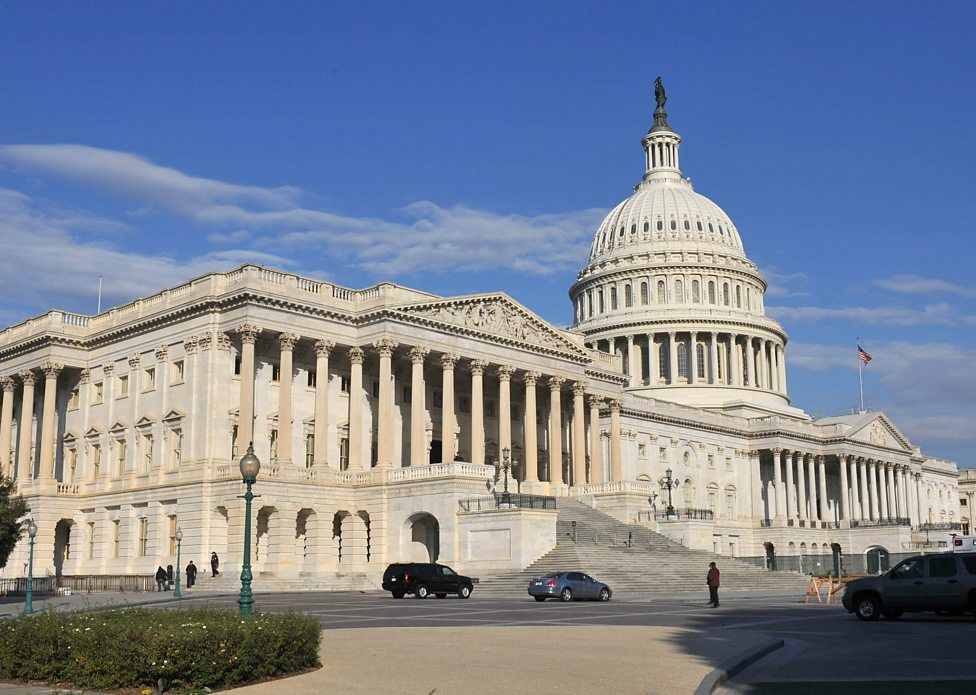
Another significant policy alteration involves the government’s expanded scrutiny of social media activity when making decisions regarding visas and other immigration benefits. Content perceived as supporting terrorism or antisemitic activity can now be used as grounds to deny or revoke visas, a policy that has already impacted members of the Georgetown community and beyond. For students and scholars from countries subject to travel bans or stringent visa restrictions, Georgetown has proactively advised deferring enrollment or remaining in the United States if they are already present, all to circumvent potential complications arising from these evolving policies.
The case of the Georgetown scholar vividly illustrates the profound real-life implications of these policies on individuals, their families, and the broader academic community. Khan Suri’s ongoing legal struggle demands that he diligently fight to retain his immigration status, and with it, his fundamental right to continue his work and studies in the United States. Numerous others find themselves in similar precarious situations, facing the same daunting uncertainty regarding their futures.
Georgetown’s Office of Global Services (OGS) plays a crucial role, diligently monitoring visa statuses and providing indispensable resources to assist affected students and scholars. The university has issued comprehensive guidance on various aspects, including international travel, visa interviews, and ensuring meticulous compliance with immigration laws. This steadfast support is absolutely vital for international community members, many of whom may lack the immediate knowledge or resources to effectively navigate sudden and complex changes in their immigration status.

Khan Suri’s case is more than an isolated incident; it forms a critical part of a much larger legal and political struggle against the Trump administration’s immigration enforcement policies. These policies have undeniably resulted in a surge of deportations and detentions, disproportionately affecting international students and scholars whose political views diverge from those of the government. This situation has led to significant unrest and legal challenges across the academic landscape.
Georgetown University, alongside other esteemed academic institutions, firmly asserts that targeting individuals based on their political beliefs directly contradicts the fundamental values of academic freedom and free speech, cornerstones of higher education. They continue to relentlessly advocate for court decisions that will unequivocally protect the rights of international students and scholars. The coming months are expected to be pivotal, with judicial decisions potentially impacting not only Khan Suri’s fate but also that of countless other international academics facing similar threats of deportation.
The situation for international scholars in the United States, as reported by VisaVerge.com, remains characterized by uncertainty, with ongoing policy changes and tenacious legal battles continually shaping their future. The outcomes of landmark cases such as Khan Suri’s are highly anticipated, as they are likely to establish significant precedents for how academic freedom and fundamental constitutional rights are upheld and protected within the complex and often unforgiving context of immigration enforcement.
In this environment of heightened scrutiny, the meticulous preparation of visa applications has never been more critical. As countless travelers diligently plan their foreign journeys this holiday season, many regrettably lose their chance due to rejected visas, frequently because of easily avoidable mistakes. VFS Global, with over 21 years of specialized domain expertise in the visa space, has observed a multitude of common errors made by applicants.
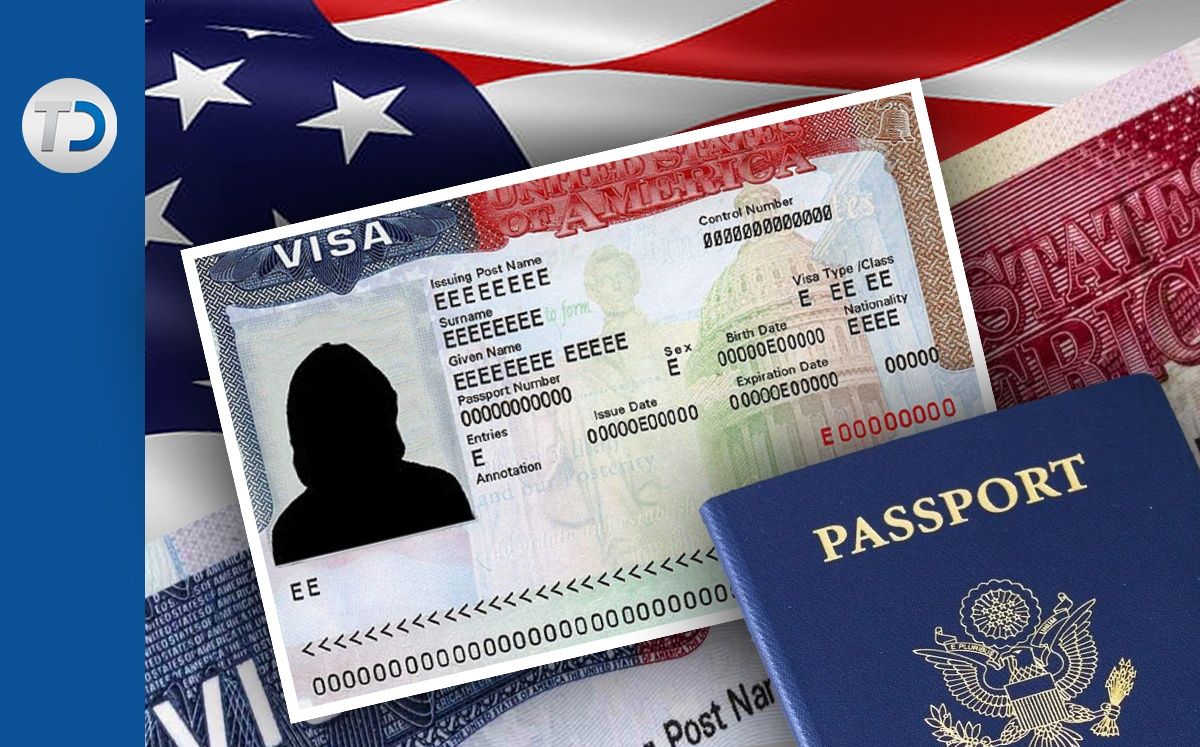
To ensure a smooth journey, it is imperative to be aware of five of the most common missteps that can derail a visa application. Firstly, precise alignment of information between your application form and your official documents is non-negotiable. Common errors include incorrect details such as misspellings of names, inaccurate passport numbers, or transposed dates of birth that do not precisely match your passport. Even seemingly obvious details, like the order of your first and last names, must mirror your official identity proof exactly; otherwise, your visa could be issued with incorrect details.
Secondly, always consult and diligently follow the country-specific checklist. This checklist is an indispensable tool for assembling a comprehensive and foolproof application. A prevalent error among applicants is neglecting this crucial resource, or mistakenly relying on a generic, standardized checklist, leading to the omission of essential documents during submission. It is paramount to remember that documentation requirements vary significantly between countries; a customized, destination-specific list is readily available on the VFS Global information pages, detailing every document necessary for a visa application to your chosen country. Even a single missing document can render an application incomplete, thus necessitating a thorough cross-check against the country-specific checklist prior to submission.
Thirdly, for selected countries that mandate attested bank statements, ensure this vital step is not overlooked. While many travelers are aware of the need to submit bank statements, failing to have them duly attested is a surprisingly common oversight. Attested bank statements are crucial as they accurately reflect your financial capacity to undertake the travel and provide crucial insight into your credit hygiene, both of which are carefully assessed by visa officials.
Fourthly, avoid cutting your application too close to your intended date of travel. Each country has a distinct turnaround time for processing visa applications, which can further fluctuate based on peak travel seasons. A frequent mistake travelers make is postponing their visa applications until the last minute, leaving insufficient time to meticulously follow the checklist and fulfill every requirement. Most countries wisely accept applications up to 90 days prior to the travel date, allowing ample time to address any unforeseen delays and ensuring a stress-free process.
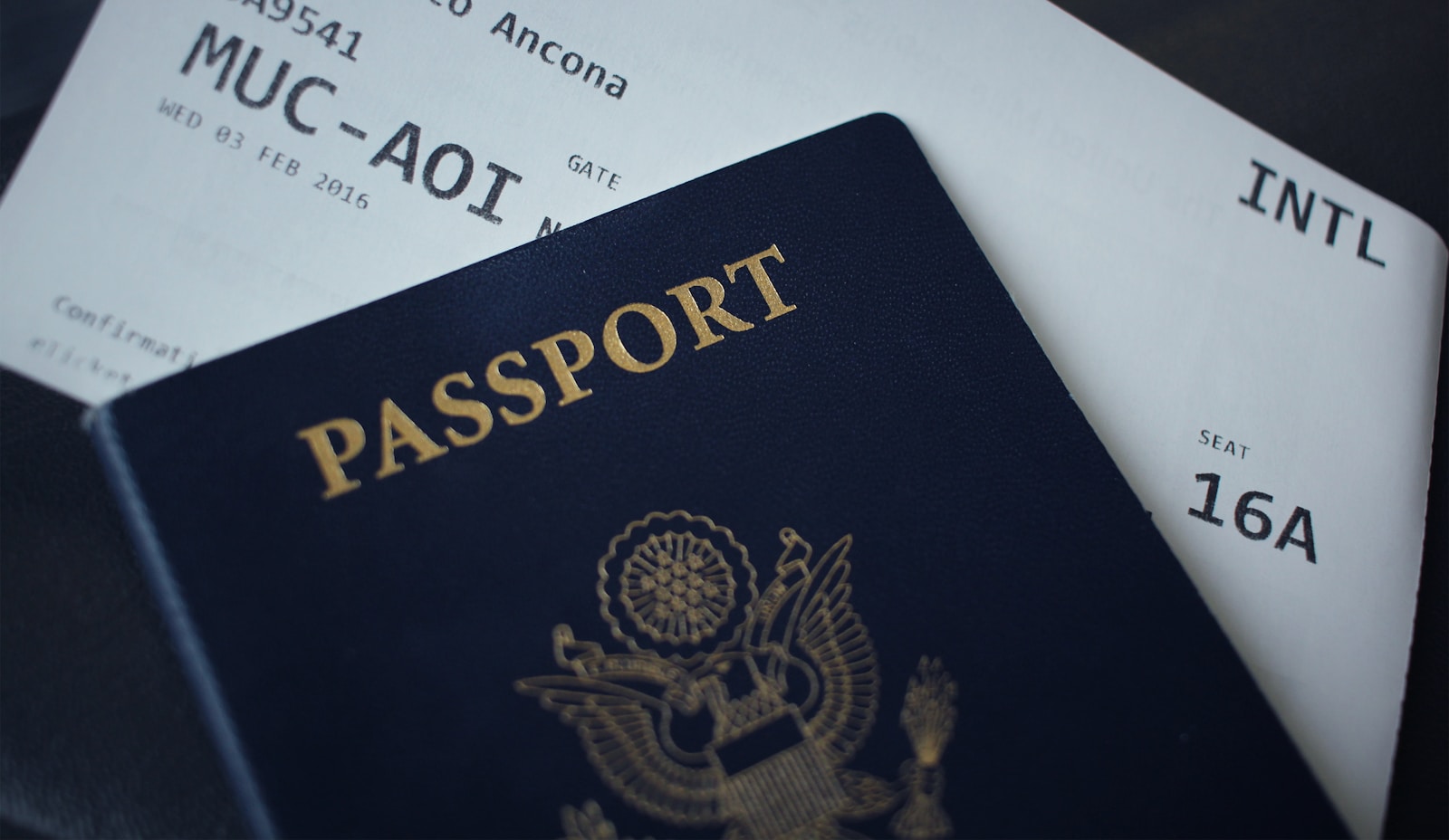
Finally, ensuring the accuracy of sponsor details, where required, is absolutely imperative. These details provide crucial insights into the applicant’s support system within the country of travel, making them a cornerstone of the visa decision. Therefore, it is essential to accurately complete the sponsor section of the Visa Application Form and to submit all relevant sponsorship documents precisely as per the specific requirements of the country you intend to visit. While these five points may appear to be simple oversights, they can ultimately cost a traveler their cherished visa; the best approach is always to provide every detail exactly as requested, in the specified formats, and with the proper documentation to guarantee a smooth and hassle-free visa application process.
The quest for a Schengen visa appointment, particularly when navigating the VFS Global website in the UK, can often feel like an arduous obstacle course. Despite diligent efforts, users frequently encounter persistent errors and technological roadblocks that impede progress. One of the most frustrating is the “Sorry, you have either…” error, which states: “Sorry, you have either 1) exceeded the maximum number of attempts allowed to access our system within the current session, or 2) your access to our application has been restricted right now. Please try again in another 2 hours after clearing your browser cache and cookies. If the error persists, try using a different browser. Complete your appointment in one session and do not close your browser abruptly.”
While this message can certainly feel daunting, there are practical steps to navigate this challenge. A simple solution often lies in attempting to log in from a different device; if your laptop seems to be causing issues, switching to your mobile phone could make all the difference. Alternatively, connecting to a different network to obtain a new IP address, perhaps by using a different Wi-Fi network or even your mobile data, can often resolve the problem. A quick restart of your modem, by turning it off for 30 seconds and then back on, might also assign a new IP address to your device, providing the necessary refresh for your session. Additionally, faithfully following the instructions to clear your browser’s cache and cookies and then waiting at least two hours before attempting again is often effective. Should the error persist after these steps, experimenting with a different web browser, as each behaves uniquely, could provide the breakthrough. Finally, diligently striving to complete your appointment within a single session, without abruptly closing your browser, is advised, as the system may be designed to prevent spamming or abuse, which could prematurely end your session if you refresh or exit too frequently.
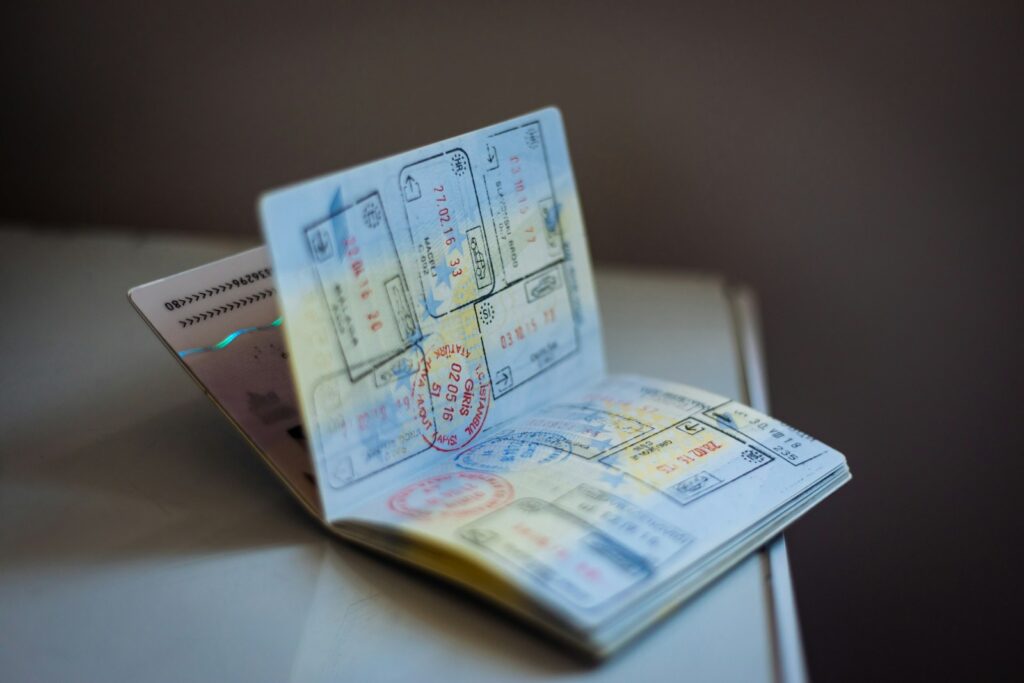
Another common frustration arises when a slot appears visibly available, but upon attempting to proceed with payment, an error occurs. This particular issue typically indicates that the slot has, in fact, already been booked, but due to an underlying technical glitch, it continues to falsely display as available on the website. Unfortunately, for this specific error, there is no known workaround; your most effective course of action is simply to move on and try booking an alternative slot. In cases where you find yourself temporarily banned from the website, there’s no need to fret or endure the lengthy two-hour waiting period. A swift solution involves changing your network connection, perhaps by connecting to an entirely different Wi-Fi network or utilizing your phone’s hotspot. Alternatively, deploying a Virtual Private Network (VPN) often successfully unlocks access to the website. Throughout these potentially challenging technical encounters, it is crucial to maintain your composure. While the process may indeed prove frustrating, your determination combined with these practical tips can make a substantial difference in your pursuit of a Schengen visa appointment. Persistence, coupled with a clear understanding of how to navigate the system, can greatly contribute to achieving your objective. Therefore, keep pushing forward, and may your travels be joyful!
Realizing you’ve made an error on your Schengen visa form can be a moment of immediate panic, particularly when excitement for an upcoming European adventure is at its peak. With the sheer volume of paperwork and meticulous details involved, making a mistake on the application form is a common occurrence. Whether it’s a simple misspelling of a name, a mix-up of dates, or the inadvertent omission of crucial information, errors are an inevitable part of the human experience. The reassuring news is that most mistakes can be rectified, especially if you act promptly and decisively.
Before delving into the methods for fixing mistakes, it’s highly beneficial to identify some of the most common application errors. Being aware of these typical pitfalls can help you spot and correct them early, potentially saving significant time and stress. Typos and spelling errors, though seemingly minor, can cause substantial problems. Common issues include misspelled names, where even a single incorrect letter can lead to your name not matching your passport and other official documents. Similarly, mixing up digits or entering an incorrect passport number can result in frustrating delays or outright rejections. Incorrect birth dates, especially confusing day and month formats if you are accustomed to a different date system, are also frequent mistakes. Beyond personal details, entering incorrect travel dates directly impacts your visa’s validity period, often manifesting as swapping planned arrival and departure dates, or miscalculating the exact number of days you intend to stay, leading to mismatches with your itinerary and bookings.
Another common pitfall involves the incorrect entry point. Given that the Schengen area encompasses numerous countries, specifying the precise first point of entry is essential. Mistakes here can include listing the wrong country where you will initially enter the Schengen zone, or inaccurately stating the country where you intend to spend the majority of your time, known as your main destination. Furthermore, errors related to supporting documents are a frequent cause of application issues. This can involve incomplete documentation, such as forgetting to include mandatory papers like comprehensive travel insurance or verifiable proof of accommodation. Submitting expired documents, such as an outdated passport or old bank statements, also poses a significant problem. Finally, financial proof errors, failing to demonstrate sufficient funds to adequately cover your entire stay, can lead to serious doubts about your ability to support yourself during your trip.

Lastly, leaving out required information altogether can lead to unnecessary delays or even outright denials. This includes leaving blank sections that demand personal details, employment information, or the precise purpose of your travel. Crucially, forgetting to sign the form at the very end is an oversight that, surprisingly, occurs more often than one might think, rendering the application incomplete. Ultimately, getting every detail right on your visa application is profoundly important for several compelling reasons. Accurate information facilitates faster processing, allowing officials to handle your application without unnecessary delays. Major errors can directly lead to your application being rejected, thereby jeopardizing your travel plans. Furthermore, providing false or inaccurate information, even unintentionally, can carry severe legal consequences, including potential bans from future international travel. Beyond these practical considerations, providing thorough, accurate, and honest information helps build trust with consulates, making them more inclined to approve your application.
If you are fortunate enough to spot an error before you formally submit your application, correcting it is relatively straightforward and highly recommended. Often, the easiest and most effective approach is simply to start with a fresh application form. Ensure you are using the most recent version available directly from the consulate’s official website. Take your time, filling out every piece of information with meticulous care and double-checking each section as you go. Before you consider your form truly complete, undertake a thorough review of your entire application. Specifically, double-check all personal details, ensuring that names, dates, and numbers precisely match your passport and all other supporting documents. Confirm that your travel plans, including dates, entry points, and destinations, align perfectly with your proposed itinerary. Finally, verify that all required supporting documents are included, current, and entirely up-to-date.
For an added layer of security, it is highly advisable to enlist a second pair of eyes. Sometimes, another person can effortlessly catch mistakes that you, having reviewed it multiple times, might have inadvertently missed. Ask a trusted friend or family member to carefully look over your application for any errors or inconsistencies. Additionally, always refer to the official guidelines provided by the consulate; using their checklist can help ensure that you have covered every single requirement. These proactive steps can significantly reduce the likelihood of errors and contribute to a smoother application process from the outset.
If you have already submitted your application or booked an appointment, but have not yet had your interview, there is still a window of opportunity to rectify mistakes. Your primary step should be to complete a corrected application form. Just as you would before initial submission, acquire a fresh form and meticulously fill it out with all the correct information. It is also a good practice to use a highlighter or a sticky note to clearly indicate where you have made corrections, drawing attention to the changes. When attending your appointment, it is crucial to bring both versions of the form. Present both the incorrect form along the newly corrected one to the visa officer.
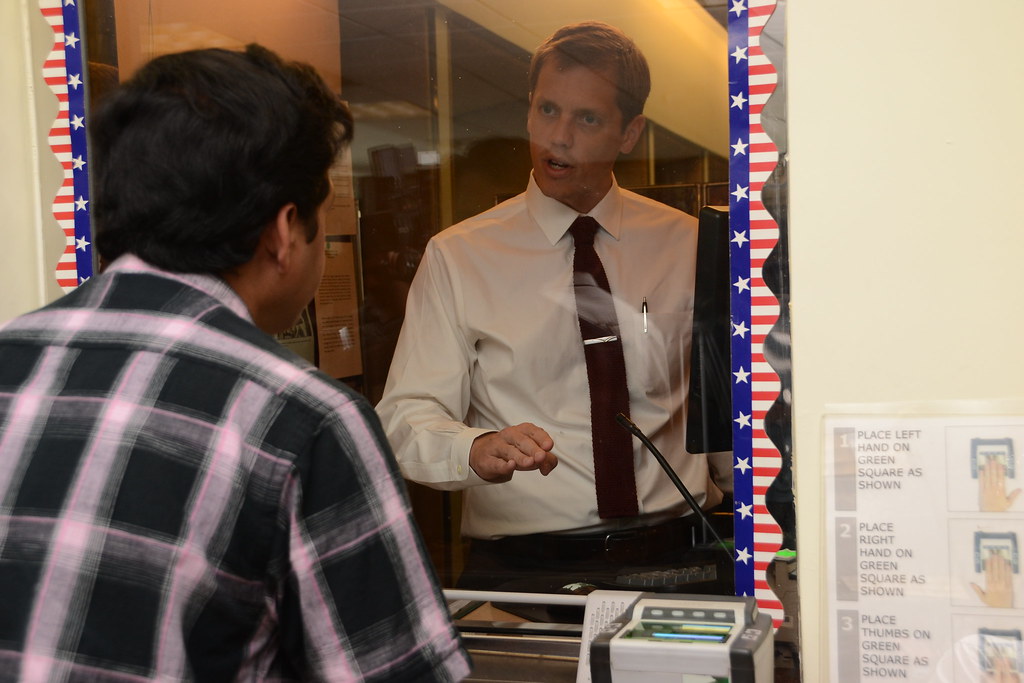
Being transparent is key: clearly explain to the officer the nature of the mistake and precisely how you have rectified it. Be fully prepared to answer any questions the visa officers might have about the changes. Remain calm and honest in your explanations regarding any discrepancies. Furthermore, be sure to bring any additional supporting documents that can further validate and support the corrected information you are providing. This proactive and transparent approach can significantly improve your chances of a smooth resolution.
Discovering a mistake after your application has been formally submitted to the consulate can indeed be a stressful moment, but swift action is your best ally. Time is of the essence in such situations. Your first step should be to locate the official contact information for the consulate – their email addresses or phone numbers – typically found on their official website. Reach out to them as quickly as possible, explaining the situation clearly and concisely. When providing the correct information, be specific and comprehensive. Draft a clear message that includes your full name, application number, and precise details about the mistake that needs correcting. If necessary, attach scans of any corrected forms or supporting documents. Once you’ve communicated the issue, follow their instructions carefully. They might advise you to send additional documents, complete a new form, or take other specific actions. Adhering to their directions meticulously is crucial to avoid further complications.
Preventing errors in the first place saves an immense amount of time, stress, and potential heartbreak. One of the most effective strategies is to simply start early. Give yourself an abundance of time to thoroughly complete the application process. Rushing inevitably leads to careless mistakes, so avoid it at all costs. Planning well in advance also accounts for any unexpected problems or delays that might arise, ensuring you have a buffer. Another invaluable tip is to meticulously organize all your documents. Create a detailed checklist of all required documents and systematically check them off as you gather them. Crucially, scrutinize the expiry dates of all documents; ensure they are valid and will not expire before or during your intended trip.
Understanding precisely what is needed for your application is key to success. Carefully read all instructions and guidelines provided by the consulate or visa center. If available, consider attending information sessions that some consulates offer about the application process, as these can provide invaluable clarity. Utilizing online tools can also be a significant advantage. Many consulates now offer online application forms that often incorporate built-in checks for common mistakes, guiding you towards accuracy. If the system allows, save your work periodically and then return to review it later with fresh eyes; this often helps in spotting errors that you might have missed initially.
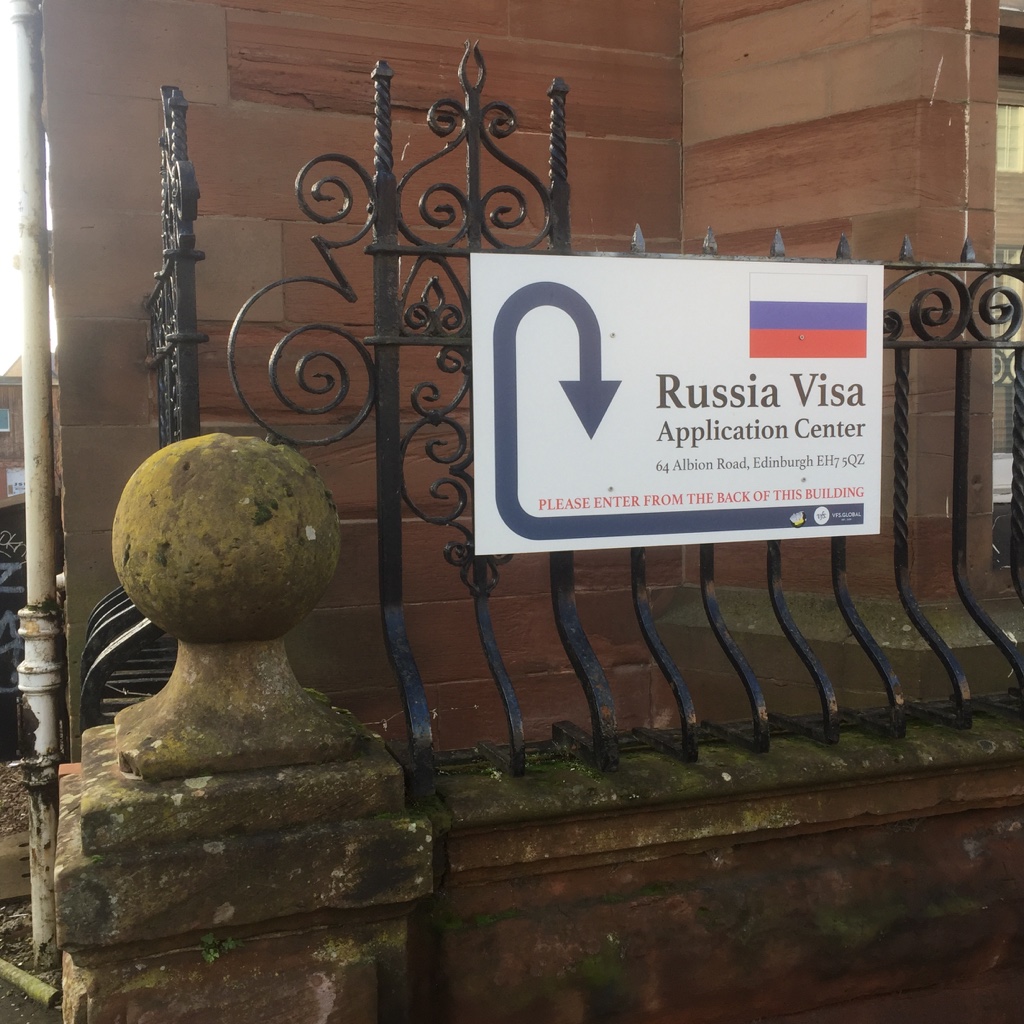
Never hesitate to seek help if you are unsure about any aspect of the application. The consulate itself is often a primary resource; they can clarify specific questions or concerns you may have. Alternatively, consider engaging a trusted visa agent or professional service. While they may charge fees, their expertise can provide invaluable guidance throughout the complex process. Above all, do not underestimate the power of proofreading, and do it more than once. Thoroughly check for any spelling and grammar errors, as even small mistakes can have disproportionately large impacts. Pay meticulous attention to verifying numbers, including dates, passport numbers, and any relevant codes, ensuring every digit is accurate.
Understanding the role of visa application centers can significantly streamline your process. These centers serve as intermediaries, designed to manage the administrative aspects of visa applications. They primarily accept your completed application forms and supporting documents, meticulously collect biometric data (such as fingerprints and photos) when required, and efficiently process both application and service fees. Many also offer valuable tracking services, allowing you to monitor your application’s progress. However, it is vital to understand what these centers do not do. They do not make decisions on your visa application; that authority rests solely with the consulate or embassy. Furthermore, they will not correct mistakes on your behalf, nor are they authorized to provide legal advice or interpret complex policy details.
Despite these limitations, visa application centers can be helpful allies. They are equipped to answer general inquiries about the application process, guiding you through procedural steps. Some centers also provide extra services, often for an additional fee, such as comprehensive document checking or expedited processing, which can be immensely beneficial if you are on a tight schedule. Conversely, ignoring mistakes on your application can lead to a cascade of problems, potentially jeopardizing your travel aspirations.
Major mistakes can frequently result in the outright denial of your application. Errors in crucial personal information, such as your name or passport details, or inaccuracies in your travel plans, can be fundamental grounds for rejection. Even seemingly minor errors can lead to frustrating processing delays. The consulate may require extra checks to verify information, or they might issue requests for more detailed information or additional documents, prolonging your waiting period. Beyond immediate processing, mistakes can have far-reaching legal and future travel implications. Providing false information, even inadvertently, can be recorded as misrepresentation, which can negatively impact your ability to secure future visas for any country.
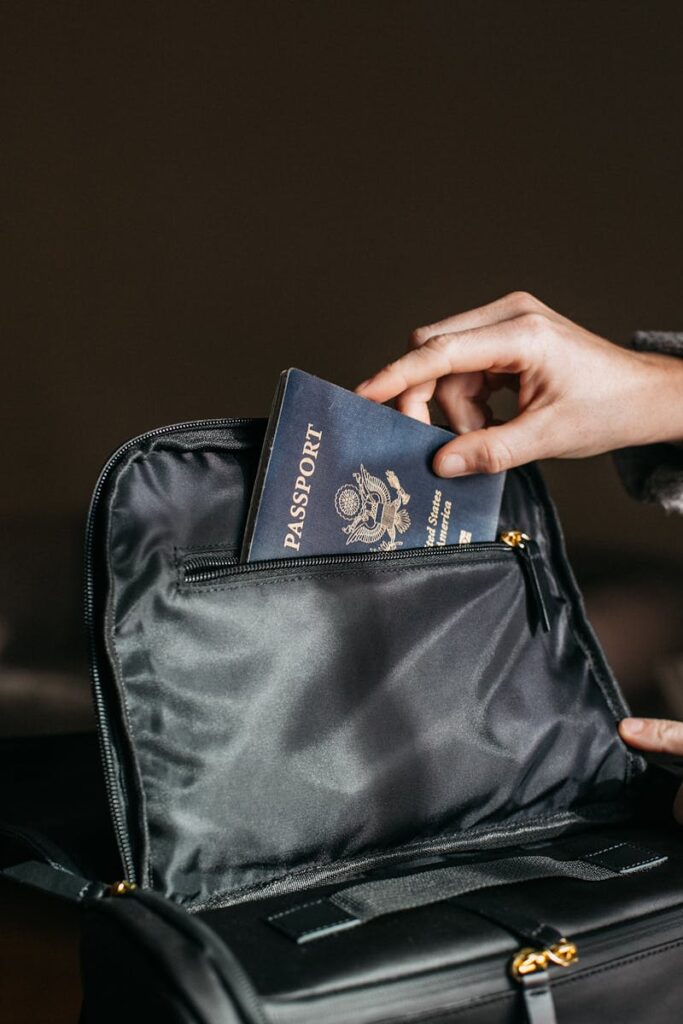
Moreover, issues may tragically arise even after you have successfully obtained your visa. Discrepancies noted by vigilant border officials between your visa and other travel documents can lead to uncomfortable questioning upon arrival. In extreme cases, such inconsistencies could even result in a denial of entry into the Schengen area, despite holding a valid visa. If, despite your best efforts, your visa is denied because of mistakes, it is crucial to remember that this is often not the definitive end of your travel plans. The first critical step is to thoroughly understand why your application was denied.
Carefully read the denial letter to identify the specific mistakes or issues that led to the rejection. Also, note whether the letter outlines an appeals process you can pursue. Often, the most effective course of action is to consider reapplying. Before doing so, meticulously fix all the identified issues in a brand-new application. Include any additional supporting information or documents that can strengthen your application and address previous concerns. If you remain unsure about the best path forward, seeking professional advice is highly recommended.
Consult with an immigration expert or lawyer who can provide guidance tailored to your specific situation. You might also contact the consulate directly; they may be able to offer insights on how to improve your next application. Use this experience as a valuable learning opportunity. Avoid repeating any errors you made previously, and most importantly, give yourself even more time for future applications to prevent rushing. Throughout this entire process, maintaining calm and taking decisive action is paramount. Stay positive; most mistakes can indeed be fixed. Act fast, because the sooner you address an issue, the better the outcome is likely to be. Finally, communicate clearly and honestly when interacting with visa officials, as transparency builds trust.
To aid you in navigating these often-complex visa processes, several helpful resources are readily available. The official consulate websites are your primary source for reliable, up-to-date information. They provide the latest forms, comprehensive guidelines, and direct contact information for inquiries. Online communities, such as travel forums and social media groups focused on European travel and visa processes, can be invaluable for sharing experiences and tips with fellow travelers. Professional assistance is also an option; visa help services and experienced travel agents are often well-versed in visa requirements and procedures, providing expert guidance, though they typically charge fees for their services.
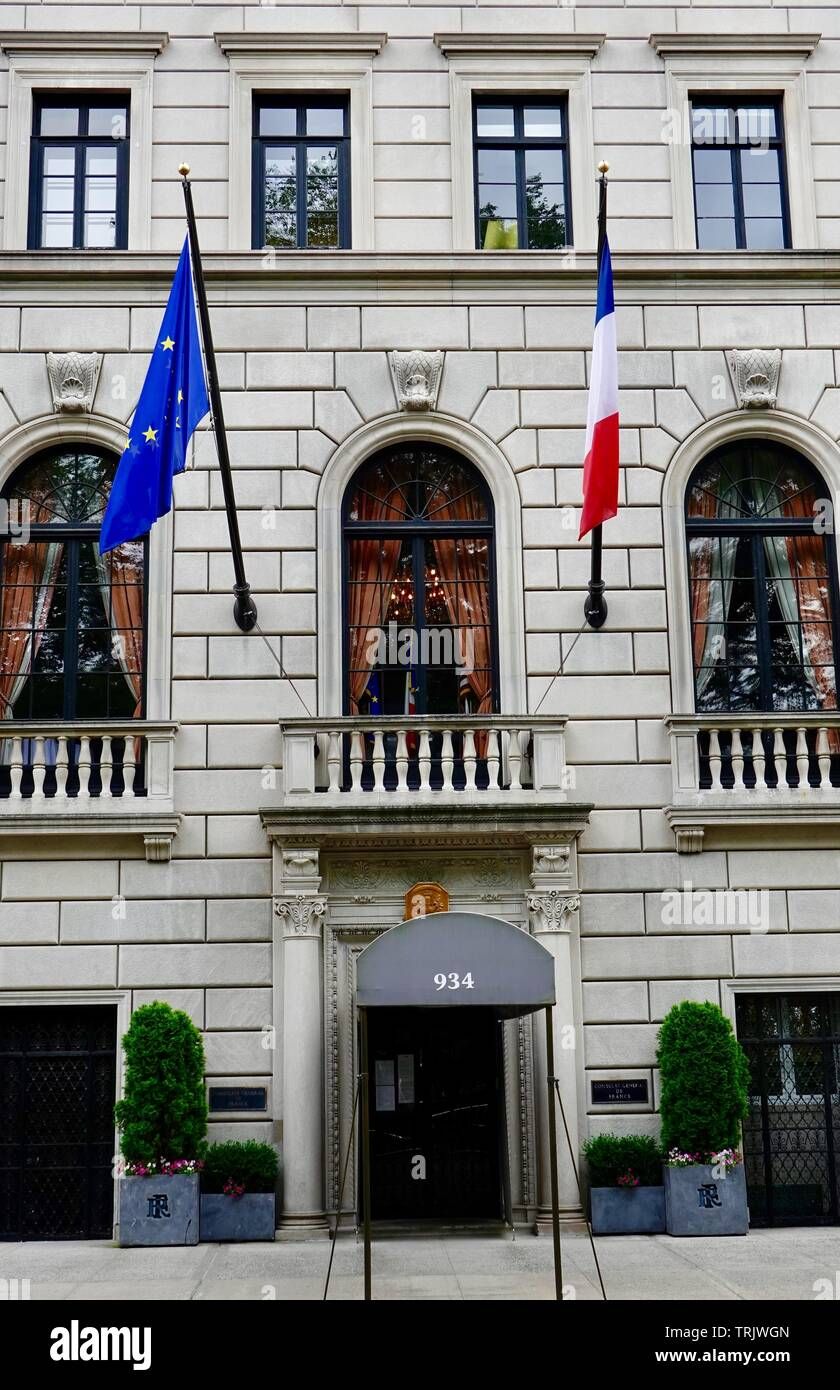
Being mindful of cultural tips can also significantly improve your interactions with consulate staff. If English is not the primary language of the consulate, ensure your communication is exceptionally clear and simple. Always maintain a high level of professionalism; dress appropriately for appointments and be consistently respectful in all your interactions. Punctuality is also key; arrive on time or even early for all meetings or interviews, demonstrating your seriousness and respect for their time. The Georgetown scholar’s case serves as a powerful reminder of how intricately immigration policies can intertwine with individual lives, families, and the very fabric of academic communities. While Badar Khan Suri has secured a temporary victory, allowing him to return to his work and be with his family, his profound fight against deportation persists. The broader, ongoing struggle over immigration enforcement, cherished academic freedom, and fundamental constitutional rights is far from concluded, and its resolution will shape the future for many.
For all international students and scholars, staying meticulously informed, proactively seeking legal assistance when needed, and fully leveraging university resources are absolutely key steps to safeguarding themselves in these uncertain times. Institutions like Georgetown continue to play an indispensable role, advocating relentlessly for fair treatment and the unwavering protection of fundamental rights for all members of their diverse communities. The coming months will be critical in determining the future for Khan Suri and countless others in similar, challenging situations. Your European adventure awaits, and with careful, informed preparation, you will be well on your way to enjoying all it has to offer. Safe travels!



